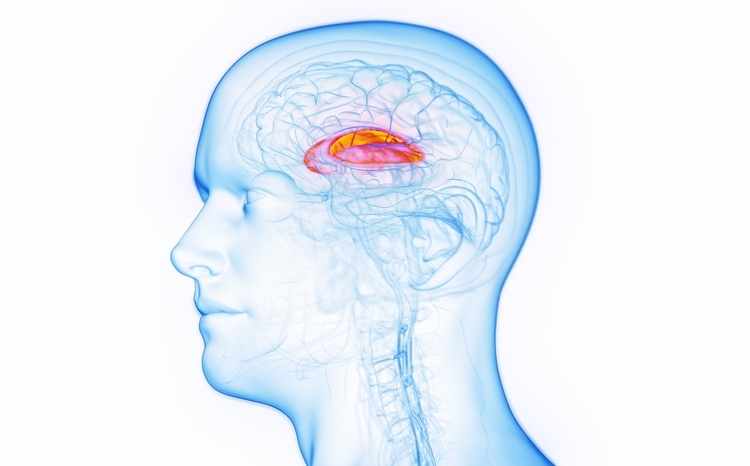TPP looks at psychological therapy functionality
- 6 November 2008
IT system supplier TPP is to develop its primary care system SystmOne to support the government’s Improving Access to Psychological Therapies (IAPT) programme.
The supplier said it had been contacted by a PCT asking how SystmOne Community could help it to deliver the IAPT programme and development work is now in the pipeline.
The IAPT Programme aims to support PCTs in implementing NICE guidelines for people with depression and anxiety disorders. The government estimates that only a quarter of the six million people in the UK with anxiety and depression are receiving treatment.
The government is funding 34 PCTs to implement IAPT services in this financial year and by 2011 aims to have 3,600 newly trained therapists and 25,000 fewer patients on sick pay and benefits.
It is investing £33m in the project in 2008/9 and plans for more PCTs to join in the following two years with a further investment of £70m earmarked for each of the following two years to 2011.
TPP said it was examining ways in which it could develop SystmOne Community to support the programme and is inviting those interested in the development to give their input at enquiries@tpp-uk.com.




